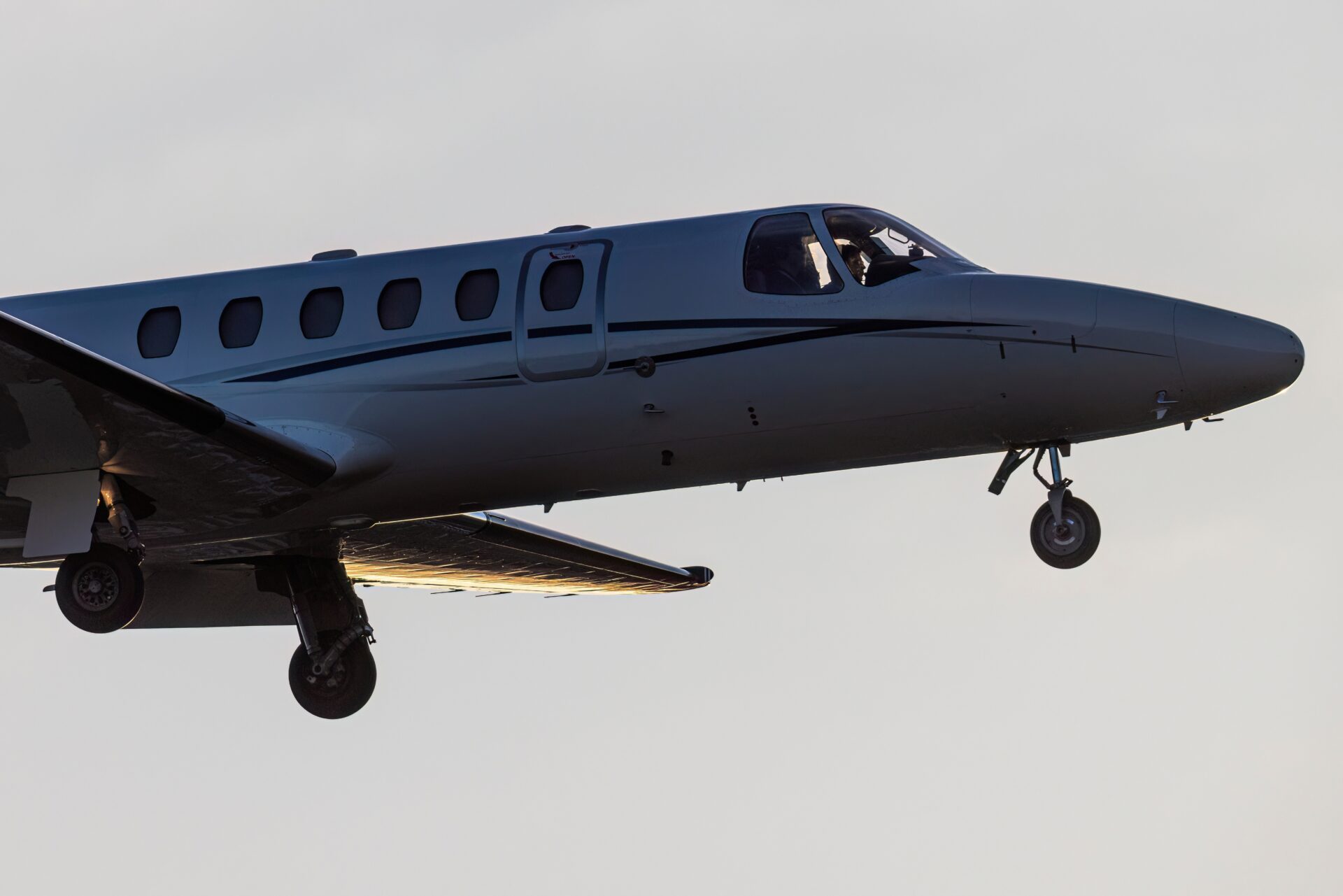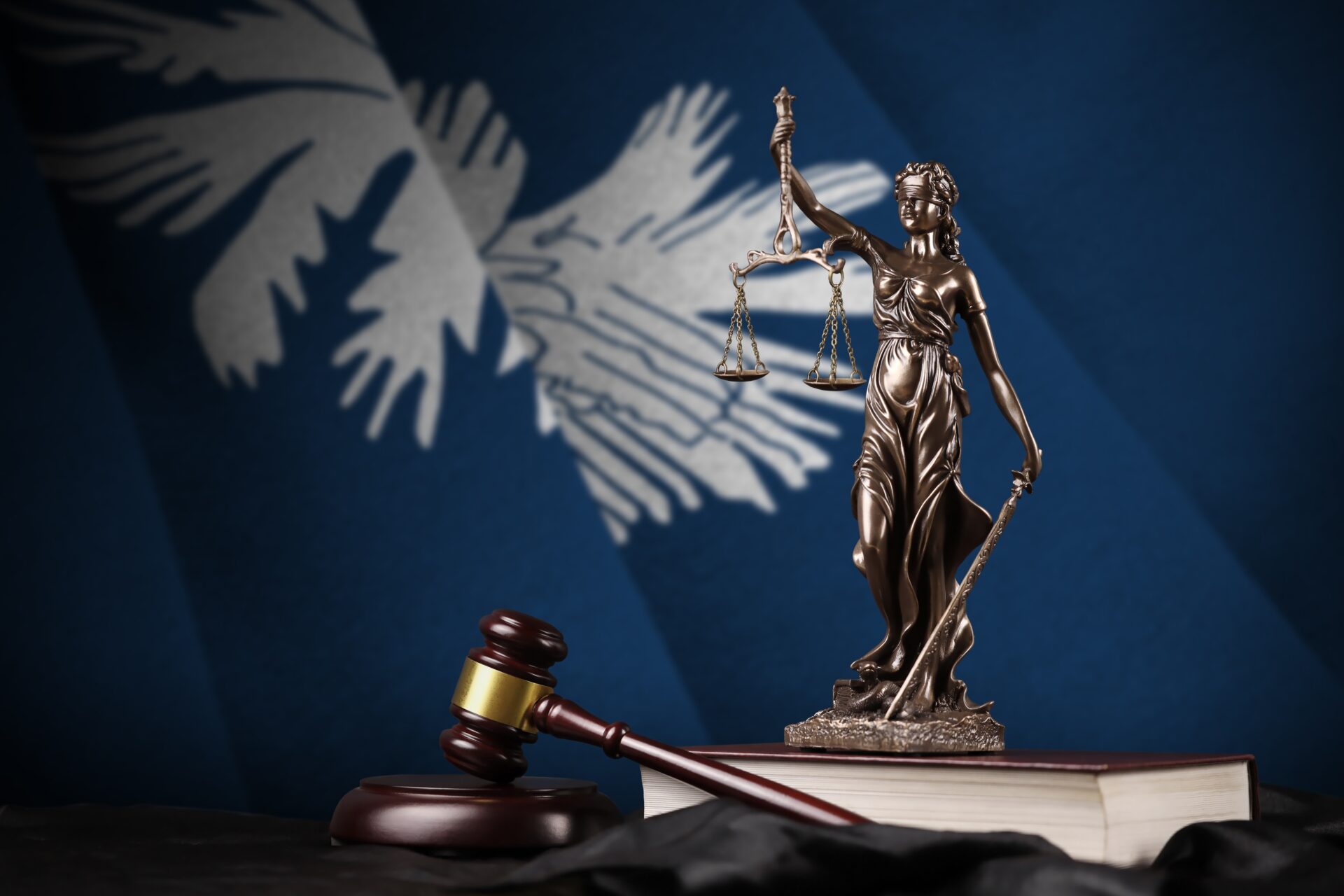
SHOCKING – 53% SPIKE in ELITE Jet Travel!
Since 2019, private jet flights have increased by 53%. This has led to discussions about the perceived disparity between the actions of influencers and climate leaders and their calls for broader societal sacrifices for climate change.
Story Snapshot
- Private jet activity jumped 53% from 2019–2023, with a surge in short-haul trips under 300 miles.
- Environmental groups attack private aviation as a symbol of climate inequality and demand strict regulation or bans.
- Industry leaders argue private jets are essential for business, safety, and economic growth, dismissing environmental claims as overblown.
- Debate intensifies as calls for “climate justice” clash with the reality of elite luxury travel and the burdens placed on working Americans.
Private Jets: The Real “Climate Justice” Hypocrisy Takes Off
Private jet travel, long the playground of the ultra-wealthy and globe-trotting elites, has exploded in recent years. Between 2019 and 2023, the number of private jet flights and total miles flown skyrocketed by 53%, with the most dramatic rise coming from short-haul hops under 300 miles.
Airports from the U.S. to the Maldives have reported unprecedented surges in private jet traffic. Velana International Airport, for example, saw a 53% increase in private jet arrivals between 2019 and 2022, mirroring global trends. Industry analysis confirms that demand has soared as health and safety concerns during the pandemic pushed the wealthy to embrace private travel, while advances in charter programs and fractional ownership opened the hangar doors to an even broader swath of affluent travelers. What used to be reserved for CEOs and royalty is now a perk for any “influencer” who can afford it.
Watch: Are private planes fueling the climate problem?
“Climate Inequality”: The Latest Buzzword for Regulating Your Freedom
The environmental lobby is making noise about the so-called “climate inequality” of private jets. Activists argue that because private aviation accounts for wildly disproportionate emissions per passenger, it’s time for government to step in with bans, restrictions, or heavy taxes—especially on short-haul trips where trains or commercial flights are feasible. Their argument? The rich get to pollute for pleasure, while the rest of us pay the price through government mandates, higher prices, and lost jobs. The “High Flyers 2023” report, a darling of the green lobby, claims that private jet emissions per passenger are 5 to 14 times higher than commercial flights and up to 50 times greater than trains. That’s all the ammunition the climate warriors need to demand new laws to rein in the “luxury emissions” of the one percent.
But let’s not pretend anyone’s going to ground Taylor Swift’s jet or force the Davos crowd onto Amtrak. The real-world effect of these policies always lands on working families, small business owners, and rural Americans who depend on affordable energy, reliable transportation, and the freedom to travel. Meanwhile, the jet set will keep flying above it all—literally and figuratively.
Industry Responds: “We’re Essential, Not Excess”
Private jet operators and industry insiders aren’t backing down. Companies like NetJets and VistaJet argue that private aviation is a vital engine of economic growth, business productivity, and regional connectivity—especially in areas underserved by commercial airlines. They point out that private jets support thousands of jobs and contribute to local economies through landing fees and ancillary services. Industry leaders downplay environmental concerns, noting that private aviation remains a small fraction of global emissions and touting efforts to invest in sustainable aviation fuels and more efficient aircraft.
Yet, the facts remain: per-passenger emissions are far higher than commercial aviation, and the optics of climate activists, celebrities, and politicians decrying fossil fuels while hopping from city to city in private jets are impossible to ignore. The hypocrisy is glaring, and Americans are right to be frustrated when they’re told to tighten their belts while the elite class refuses to lead by example.
Political Pressure and the Push for Regulation
Governments, especially in Europe, are flirting with the idea of banning or heavily taxing private short-haul flights. Some have already implemented restrictions where rail alternatives exist. In the U.S., the debate is heating up as environmental groups ramp up their campaigns and policymakers weigh the economic benefits of private aviation against the public relations nightmare of unchecked elite pollution. The private jet sector remains robust, but the drumbeat of regulation grows louder, fueled by reports that frame the issue as one of “climate justice” and social equity.
Environmental policies are often discussed as intended to benefit the planet; however, there are concerns about their impact on different socioeconomic groups. Critics argue that the burden of regulatory measures and taxes associated with these policies tends to fall more heavily on the average American rather than on wealthy individuals. While actions like crackdowns and taxation on private jets may receive attention, there are calls for increased accountability for affluent individuals to ensure that working families do not bear the financial consequences of such measures.
Sources:
Atoll Times
Signature Luxury Travel
PMC
Element Aviation
High Flyers 2023 Report


